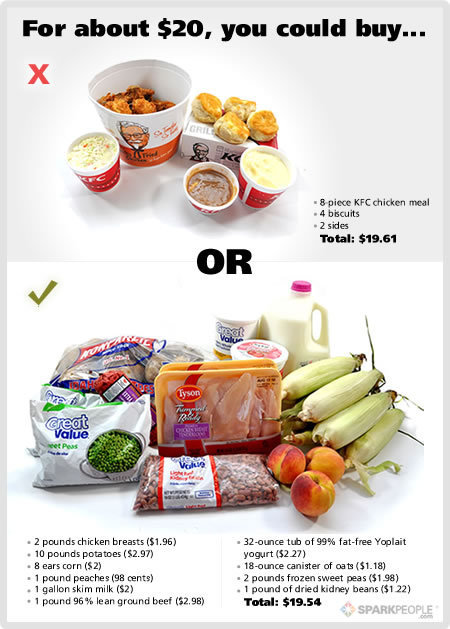 |
| Source |
According to this article, studies have linked cholesterol lowering drugs like Lipitor and Crestor to diabetes and memory loss and have added yet more warnings to those drugs. Lipitor is the biggest selling prescription drug of all time and its generic is the second most widely prescribed drug.
Cholesterol is only found in animal products, not plants. Statins (like Lipitor and Crestor) have been proven to prevent heart disease, but so have vegetarian and vegan diets. In 2002, a study at the University of Toronto and St. Michael's Hospital concluded that a "diet combining a handful of known cholesterol-lowering plant components cut bad cholesterol by close to 30 per cent....The reduction is similar to that achieved by some drug treatments for high cholesterol, suggesting a possible drug-free alternative for combating the condition."
Additionally, in studies of the "placebo effect," placebos are as effective as prescription drugs in one-third of patients. In fact, it has been found that the placebo effect is strengthening. Something to think about.






















